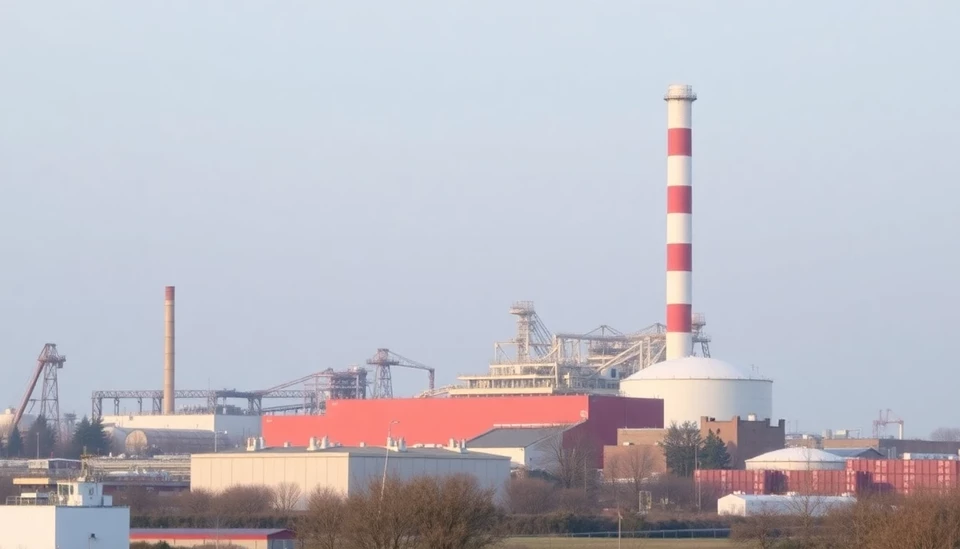
In a troubling turn for the Chinese manufacturing sector, many plastic production facilities are now facing the harsh reality of potential closures due to escalating tariffs imposed on ethane imports from the United States. This conflict, rooted in ongoing trade tensions, has raised concerns about the viability of the Chinese plastics industry, which heavily relies on the availability of U.S. ethane for its operations.
Ethane is a crucial feedstock in the production of ethylene, a key ingredient in various plastics. Given that the demand for plastics remains high, especially in the face of a global recovery post-pandemic, the dependency on U.S. ethane has posed significant risks for Chinese manufacturers. Tariffs imposed by the U.S. government have vastly increased costs, leading to fears that many facilities might not be able to sustain profitable operations.
Trade experts note that the situation could lead to a significant shift in the global plastics market as Chinese manufacturers weigh their options. Some may turn towards alternative feedstocks or seek to source ethane from different countries, although such shifts could take time and require substantial investment in new supply chains. For many, the immediate impact of the tariffs is already being felt in the form of increased operational expenses and declining profit margins.
The consequences of these tariffs extend beyond just financial metrics for manufacturers. The broader implications on employment within the plastic industry can also be severe—an industry that has employed millions in China. With rising operational costs, companies might find themselves forced to reduce their workforce or cut down on production, which could exacerbate the economic challenges posed by a slowing economy.
As companies evaluate their risks and potential responses, market analysts remain closely observing the political landscape. Resolving trade disputes often hinges on diplomatic negotiations, and the resolution of these tariffs depends not just on economic factors but also on geopolitical dynamics.
In the meantime, the continued pressure on Chinese manufacturers raises a critical question: How long can they sustain operations under the burden of such tariffs? The unfolding scenario will likely shape the future of both the Chinese plastic industry and the broader global supply chain of petrochemical products for months, if not years, to come.
In conclusion, the looming threat of plant closures due to increased tariffs on U.S. ethane highlights the fragility of international supply chains in today's politically charged environment. Stakeholders in both countries must now prepare for a potentially transformed landscape as trade negotiations continue and manufacturers rethink their strategies.
#ChinaPlastics #Tariffs #Ethane #USChinaTrade #ManufacturingChallenges #GlobalEconomy #PlasticIndustry
Author: Daniel Foster




